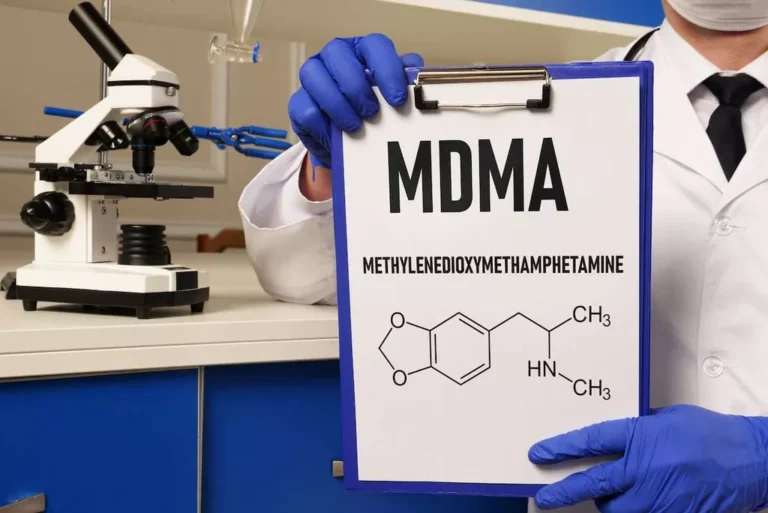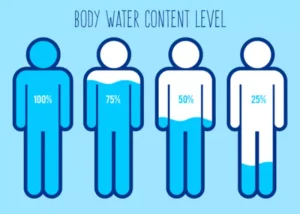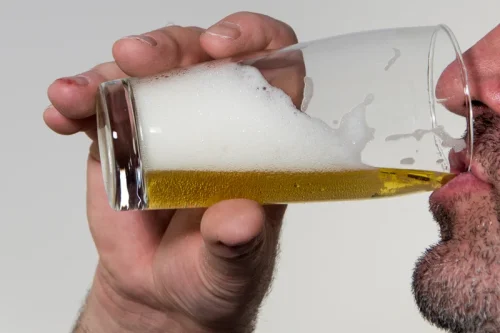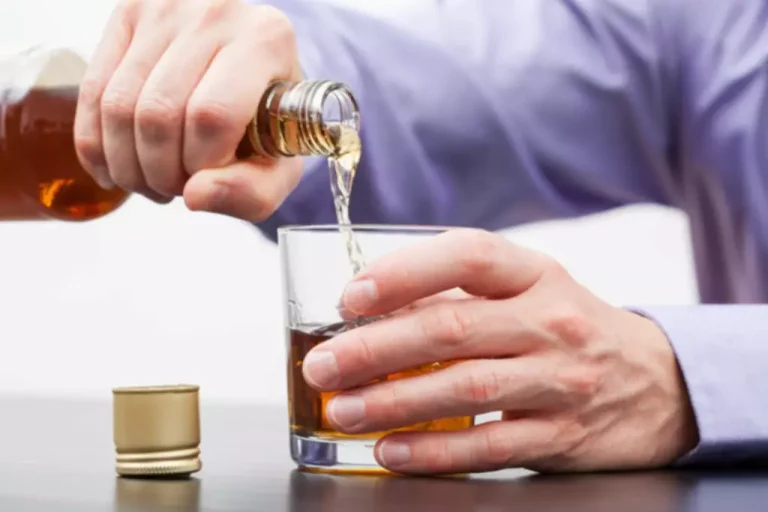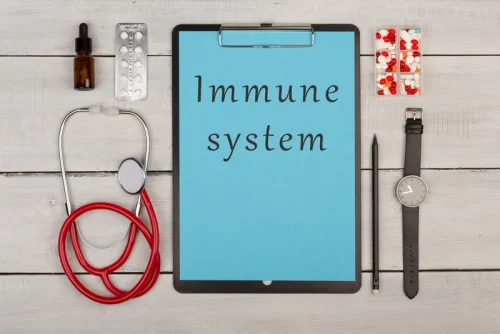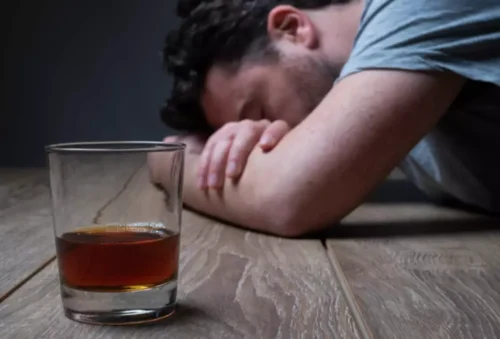
To encourage helpful discussions, some recovery groups toss around question balls. Triggers are people, places, feelings, or other things that make you want to abuse drugs. PositivePsychology.com offers a wealth of therapy resources that can be used and applied in group settings.

How Do Addiction Support Groups Benefit Your Recovery?
With 4 years of relevant experience, she is passionate about conveying accurate and up-to-date information through her writing. Her area of expertise includes writing on addiction challenges, providing guidance on treatment procedures, and addressing co-occurring mental issues. You can also encourage clients to replace addiction with healthy hobbies and transformative activities to uplift the recovery experience. Some people find it hard to say no to substance use in social gatherings or parties.
Join Over 5000 Other Mental Health Pros
A list with links to online grief support groups, forums, and communities. A 2-page handout with journal prompts for recovery, based on material from The Sober Survival Guide (created with the author’s permission). A 1-page handout with 25 quotes from the Dalai Lama on topics such as kindness and happiness. A 1-page DBT-based handout https://ecosoberhouse.com/article/top-10-substance-abuse-group-activities/ with 25 examples of dialectics (i.e., two things that seem opposite and are at the same time both true). A comprehensive list of 12-step and other support groups, such as AA, NA, SMART Recovery, Dual Recovery Anonymous, NAMI, etc. A 1-page handout with simple “in-the-moment” calming strategies for anxiety-provoking events.
Benefits of Group Therapy
Pratt (1907) believed that the emotional connection and support led to increased hope and physical improvement. In 1905 he was teaching education classes on hygiene for patients struggling with tuberculosis (Pratt, 1907). Pratt noticed that patients who regularly attended presentations and interacted in groups afterward remained optimistic and courageous and had fewer symptoms and better recovery than those who did not. It is always important for group members to discuss any current issues and get advice and support from other members of the group. It is important to understand that group therapy can only be delivered by a licensed, trained, professional therapist.
Addiction Recovery Group Activities
Many recovery groups make affirmation collages by writing down positive statements, cutting them into strips, and gluing the strips onto poster boards. During a mindfulness meditation, group members focus on their breathing and treat their thoughts like passing clouds. In other words, they acknowledge the thoughts without judgment and then gently return their attention to their breathing.
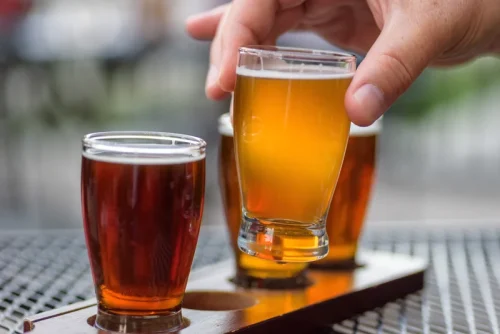
Addiction Cope techniques can further bolster their resilience and determination along this transformative journey. In essence, substance abuse group activities for adults serve as more than just therapeutic interventions; they become moments of connection, growth, and celebration. Through these shared experiences, individuals in recovery find strength, resilience, and a renewed sense of hope on their journey towards healing. CBT activities are solution-focused exercises and techniques that aim to improve mental health and substance abuse treatment outcomes in a fun and engaging way. Group therapy is a cornerstone of substance abuse treatment for several compelling reasons.
- Incorporate art therapy or journaling exercises to encourage self-expression and exploration of emotions.
- Most of these activities and exercises can be applied to a wide range of group therapy situations.
- Improved communication can help individuals mend relationships damaged by addiction.
- A 1-page worksheet for exploring motivation for substance use recovery.
- For this activity, the therapist should lead the group through a discussion of NUTS and ANTS, terms which can be used interchangeably when talking about the self-sabotaging habits we have.
- We are hardwired for attachment and groups, which are potent sources of change for the central nervous system, brain, and emotional wellbeing (Denninger, 2010).
- A 1-page worksheet for exploring ways to resist urges to use in early recovery.
Closing group therapy treatment is the phase of group development known as termination (Levine, 2011). This is often one of the most difficult aspects of group structure and development. A group leader must evaluate either subjectively or objectively (or both) how the group members have progressed and whether goals have been met (Levine, 2011). It helps clients substance abuse group activities for adults notice their strengths, past successes, and ability to grow and overcome challenges. According to Alan Wolflet (2004), group activities for grief and loss should help members with the six needs of mourning. Thought identification and replacement is a cornerstone of CBT, which is an evidence-based treatment for both anxiety and depression (Wolgensinger, 2015).
- Therapists should prepare a list of group rules in advance to ensure member safety and orderly conduct.
- If other disruptive behaviors occur in group (side conversations, snoring, etc.) address them in the moment objectively (without shaming).
- These exercises help you prepare for challenges before they happen and build confidence skills that will help you handle any situation that arises in the real world.
Reflecting on gratitude cultivates a positive mindset and encourages participants to focus on the blessings in their lives. Encourage group members to reflect on significant moments in their lives, both positive and negative. This activity helps individuals recognize the subjective nature of value judgments and promotes self-reflection. Facilitate a discussion on gratitude where participants reflect on positive aspects of their lives, fostering a sense of appreciation and optimism. Sharing gratitude promotes a shift in perspective towards the present moment.

Best narrative therapy group activities
- Post Date: 06 Feb, 2024



